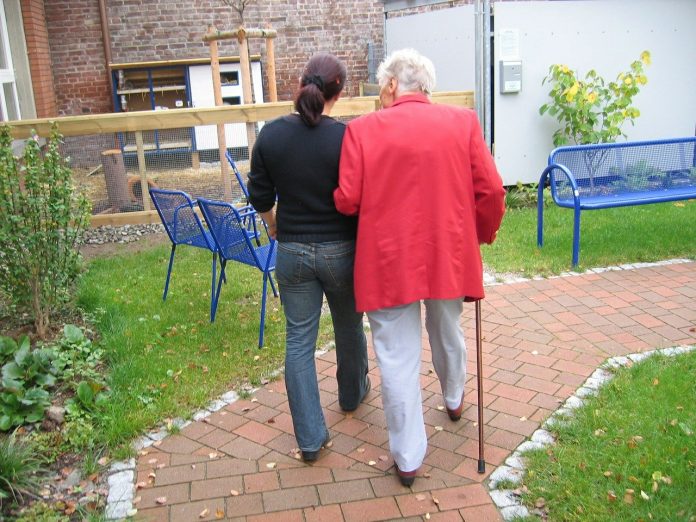Unknown to a lot of senior patients and their families, nursing home abuse comes in many forms, and they may very well be completely unaware of the situation for the most part. As is always the suggestion with most things related to a nursing home, prevention is better than cure. Keep the following pointers in mind, and it will help in reducing the chances of your near and dear ones facing negligence and abuse in nursing homes.
Are they Equipped to Handle the Patient?
Any nursing home or community can claim that they are capable, but are they really? To find out for sure, first list the special care facilities/meds/treatments which your patient will need. Now, confirm the list with the authorities during the interview. Sometimes, old age nursing homes are just not prepared for facing everything that might come their way, so it makes all the sense in the world to confirm the necessities with them first.
Does the Nursing Home Environment Feel Welcoming?
This is one of those scenarios where gut feelings beat all other senses, solely because of the fact that older patients need a healthy and welcoming environment to thrive in the community. Check the following points, and if it doesn’t feel right, avoid making the mistake of moving your loved one into an environment that’s entirely unsuited for their fragile minds:
- How welcome did you feel when you first went in?
- Are they willing to show you how things are done in the nursing home, without notice?
- Do they seem very uptight or particularly fussy about strictness?
- Does the place feel, look and smell healthy?
- Check the bathrooms and kitchens, as they are often where the filth hides
- Pay unexpected visits to find unexpected patient-staff conduct
Keep in mind that taking care of seniors with mental and/or physical issues is not a job that people should be undertaking with the sole goal of profiting. The staff must be able to make you and your loved one feel truly welcome because at that point in their lives, nothing matters to them more than how they feel.
Does their Reputation Check Out?
Thanks to the availability of easy internet access, it shouldn’t be too hard to find out what others are saying about the nursing home in user reviews. If they paint a pretty picture, it’s a good sign, but don’t rely on five-star reviews on their own site, because they can, for obvious reasons, lack integrity.
How to Notice if Your Loved One is Facing Nursing Home Abuse Already
In case the elder is already in a nursing home, always be sure to check for signs of nursing home abuse on every visit. Listen to their complaints carefully, even if you think that they are not always coherent. This may include:
- Bedsores, bruises and unexplainable injuries, which could be signs of neglect and physical abuse
- Dehydration, malnutrition, sudden weight loss, and UTIs can all be signs of medical negligence
- Life-threatening developments such as septic shock, blocked airway/breathing tube and unexpected/unexplained falls
- Actual complaints by the patient; carefully listen to what they have to say
As nursing home abuse is a serious matter, do not hesitate to consult with a nursing home abuse attorney as soon as you can. Also, if the situation feels bad, get him/her discharged immediately, but only as long as your loved one is not in a serious condition that prohibits physical movement for the time being.
It’s never an easy decision to move a parent, a grandparent or any other close relative out of the house and into a nursing home. However, there are times when that cannot be helped, as 24-hour observation under proper medical supervision is often the best solution for them under certain circumstances. Whatever your reasons maybe, if you have taken that difficult decision, ensure that you are doing everything you can to secure the well-being of the vulnerable elder. Hopefully, this list will help you to both avoid ever being in such a situation, as well as providing you with the necessary information for taking action against any negligence that you might have witnessed.
























